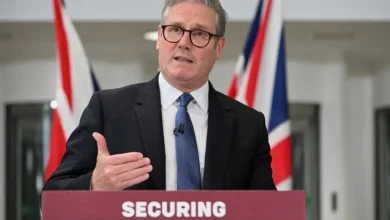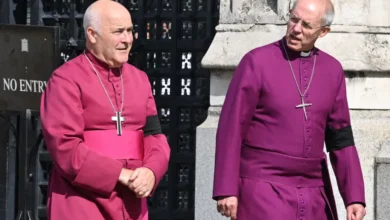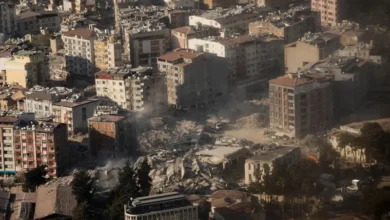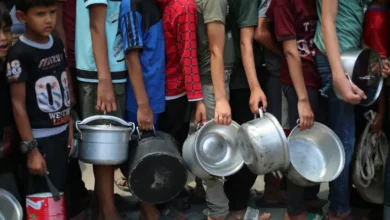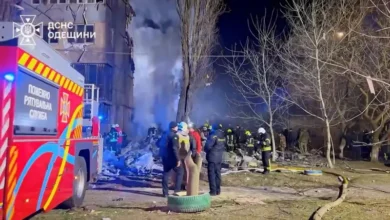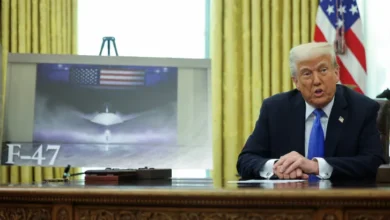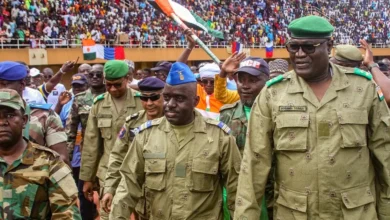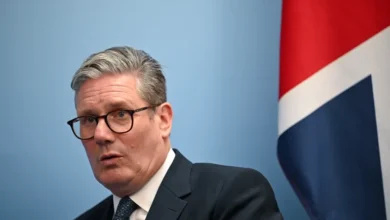Iran executions ‘state sanctioned killing’: UN rights chief
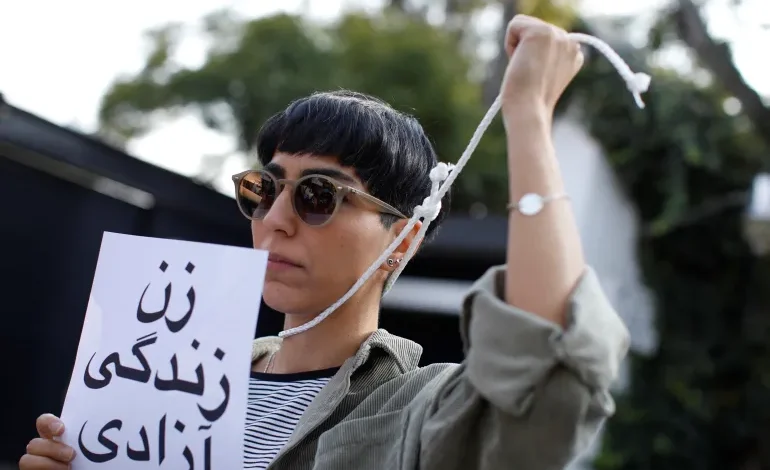
The UN human rights chief says the flurry of death sentences handed down following the outbreak of civil unrest in Iran amount to “state sanctioned killing”, with executions being used to strike fear into the population and stamp out dissent.
“The weaponization of criminal procedures to punish people for exercising their basic rights – such as those participating in or organizing demonstrations – amounts to state sanctioned killing,” UN High Commissioner for Human Rights Volker Turk said in a statement on Tuesday.
He added that such executions violated international human rights law.
On Saturday, Iran hanged two men convicted of killing a member of the security forces during nationwide protests sparked by Mahsa Amini’s death in police custody in September.
The UN Human Rights office has received information that two further executions are imminent, the statement said.
As part of the ongoing crackdown, Iranian activist Faezeh Hashemi, daughter of former president Akbar Hashemi Rafsanjani, received a preliminary sentence of five years in prison for spreading “propaganda” and acts against national security, her lawyer, Neda Shams, said on Monday.
Hashemi was arrested in the capital Tehran on September 27 for encouraging residents to demonstrate. The 60-year-old former lawmaker and women’s rights activist was charged with “collusion against national security, propaganda against the Islamic republic and disturbing public order by participating in illegal gatherings”, Shams said.
Hashemi will be able to appeal the sentence.
The Islamic Republic has been rocked by a wave of protests since Amini’s death. The 22-year-old had been arrested for allegedly violating Iran’s strict dress code for women.
Iranian authorities said hundreds of people, including members of the security forces, have been killed and thousands arrested in connection with the protests, which they generally describe as “riots”.



